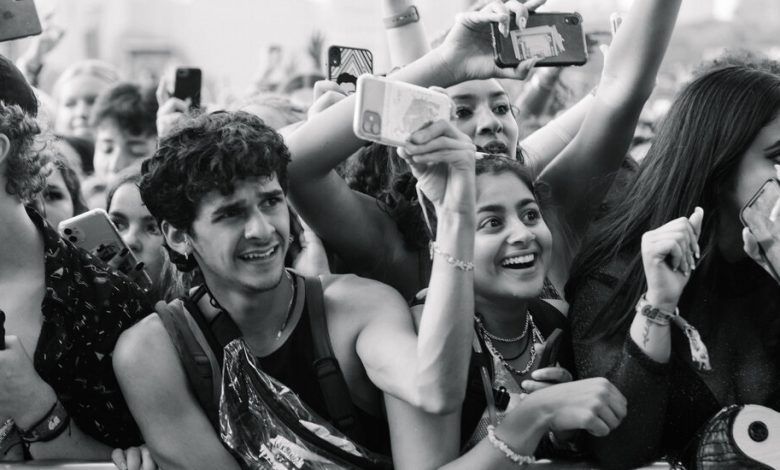Ticket Giants, Under Pressure From Biden, Promise Transparency on Fees

Under pressure from the Biden administration, some of the biggest companies that handle ticketing for concerts and other live events announced on Thursday that they will make it easier for consumers to see the full price of tickets they want to buy, including the fees that can often add more than 30 percent to the total cost of an order.
Live Nation, the world’s largest concert company, said it would begin introducing “all-in pricing” — showing consumers the full price up front — at the venues it controls, which include more than 200 amphitheaters, clubs and other spaces in the United States. Ticketmaster, which is owned by Live Nation, said it would make this tool available to other venues and promoters as well. Those changes are expected beginning in September.
SeatGeek, a major vendor for ticket resale that also works for major venues and sports teams like the Dallas Cowboys, said it too would begin introducing a feature that would reveal to consumers the full price of a ticket.
Those changes come as the Biden administration has stepped up its pressure on the entertainment and travel industries to rein in what it calls “junk fees.” At his State of the Union address in February, President Biden said he wanted to ban “surprise resort fees that hotels charge on your bill,” and added: “We can stop service fees on tickets to concerts and sporting events and make companies disclose all the fees upfront.”
The White House is convening a panel on Thursday to address these issues, with representatives from Live Nation, SeatGeek and other companies, including Airbnb, TickPick, Dice and the Newport Festivals Foundation.
“President Biden has been working to lower costs for hardworking families by bringing down inflation, capping insulin prices for seniors, and eliminating hidden junk fees,” Lael Brainard, the director of the National Economic Council, said in a statement. “More companies are heeding the president’s call so that Americans know what they’re paying for upfront and can save money as a result.”
Ticketing, and questions of competition and consumer fairness in the entertainment industry, became hot-button issues in Washington after a botched presale in November for Taylor Swift’s Eras Tour. Ticketmaster’s system was overrun with bots, and many fans reported that tickets they had selected disappeared from their online shopping charts.
At a Senate Judiciary hearing in January, Live Nation came under harsh, bipartisan attack, with senators openly calling the company a monopoly. The Justice Department has separately been investigating Live Nation for potential violations of the consent decree that was a condition of the company’s merger with Ticketmaster in 2010; among the terms in that agreement were that Live Nation cannot threaten venues with retaliation for not using Ticketmaster as their official ticket vendor.
But the extent to which the most recent promises by Live Nation and SeatGeek would substantially change the ticket market are unclear. The concert industry is complex, with pricing and fees controlled by various parties that have little incentive to reduce their take — especially with live music rebounding after its near-disappearance during the Covid-19 pandemic, and ticket sales now reaching record highs.
The changes by Live Nation and SeatGeek do not lower prices or include any commitment to reduce surcharges, which are often set by venues; those companies are simply promising to disclose fees as part of a ticket’s total cost.
After Mr. Biden’s State of the Union address, Live Nation proposed federal legislation that, among other things, would mandate all-in pricing. Without all competitors held to the same standard, many executives in the ticketing world say, those that comply voluntarily would be put at a competitive disadvantage, since other venues and ticketing services could lure customers by advertising lower prices, only to reveal surcharges once a customer completes a transaction.
